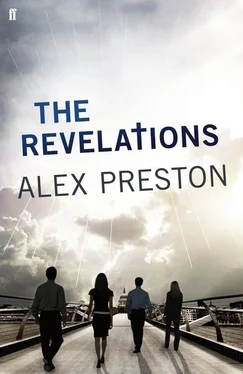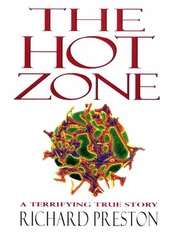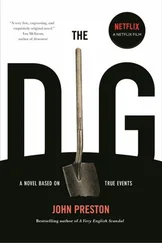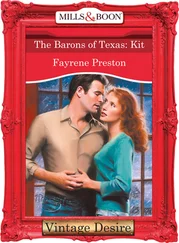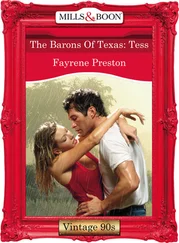Now Mouse stopped the boat and opened his rucksack. He drew out a dog-eared copy of Revelations of Divine Love with Lee’s name written in black marker down the spine. He began to read out loud, his voice thin against the sound of the rain falling on the lake.
‘Before miracles cometh sorrow and anguish and tribulation; and that is why we are weak and wicked and sinful: to meeken us and make us to dread God and cry out for salvation. Miracles cometh after that, and they cometh from the high, wise and great God, showing His virtue and the joys of heaven so far as they may be seen in this passing life. He willeth that we be not borne over low for sorrow and tempests that fall to us: for it hath been ever so afore miracle-coming.’
The pages of the book were soon soaked through and he found it difficult to see the words. He was crying so hard that there seemed to be no line between him and his tears and the rain. He looked down at the water, imagining Lee’s fish-stripped bones jostling with the rhythm of the lake moving above them. He reached into his pocket and held the earrings in his palm. He let them fall slowly into the water, the lapis first followed by the turquoise. Then, he gently eased the signet ring from his little finger, looked for one last time at the mouse on the crest, and dropped it into the murky lake. He sat back down in the boat, placed his head in his hands and muttered a prayer. All shall be well, and all shall be well, and all manner of thing shall be well.
Several books proved helpful while writing this novel. Karen Armstrong’s The Case for God is a remarkably sane and readable history of Christian spirituality, whilst Elizabeth Jennings’s Every Changing Shape inspired Lee’s take on literature, God and the world. I also referred often to Dee Dyas’s Images of Faith in English Literature 700–1550 , J. A. Burrow’s Medieval Writers and their Work , David Downing’s The Most Reluctant Convert: C. S. Lewis’s Journey to Faith and A Choice of Anglo-Saxon Poetry (ed. Richard Hamer). J. D. Salinger’s Franny and Zooey , which was my teenage Bible, has left its traces throughout the novel. Finally, I must thank Charlotte Brewer, whose tutorials and lectures have given me a deep and lasting affection for Old English poetry.
For their early encouragement and help I thank Chiki Sarkar and the late Kate Jones. Tom Edmunds, Ele Simpson, Elias Maglinis and Florence Ballard all helped with sensitive and helpful draft readings. Jo Turner accompanied me on some bizarre spiritual excursions, and was a rock amid the madness.
I must thank my editor at Faber and Faber, Walter Donohue, who has been a constant source of quiet inspiration and guidance, Becky Pearson at Faber and Faber, Anna Power and Ed Wilson at Johnson and Alcock, Oliver James and Tom Paulin.
Finally thanks to my family: to Al and Ray, to my parents and grandfather for being my best (and kindest) critics, and finally to Ary, as always.
Alex Preston was born in 1979 and lives with his family in London. His first novel, This Bleeding City , was an international bestseller, won the Spear’s Best First Book Award and the Edinburgh International Festival Readers’ First Book Award and was selected for Waterstone’s New Voices 2010. It has been translated into twelve languages. Preston writes and reviews for the New Statesman and the Observer and is a regular panellist on BBC2’s The Review Show .
